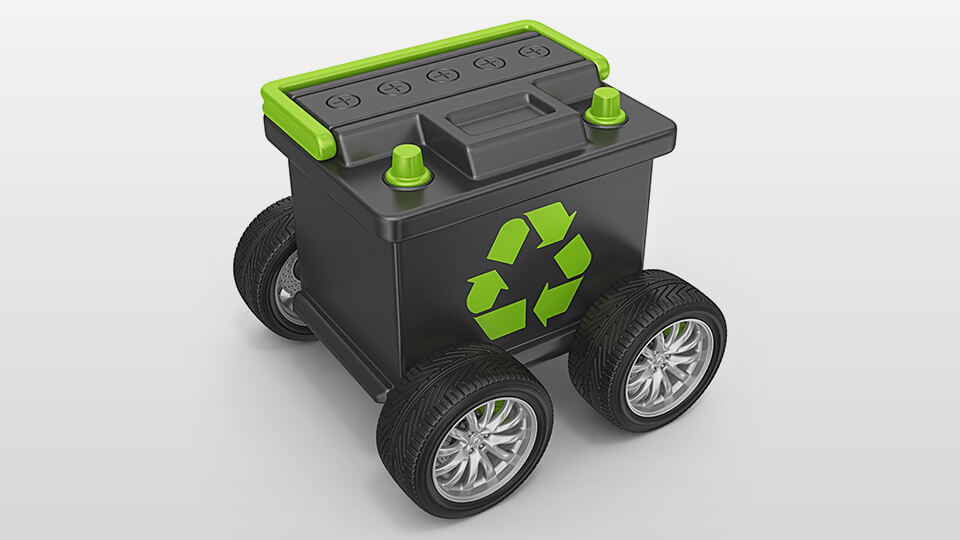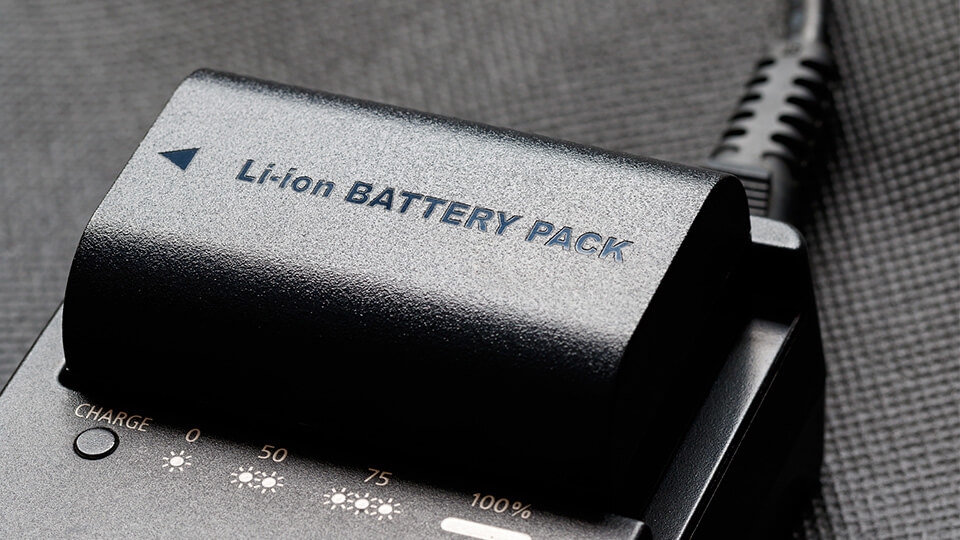A growing number of car manufacturers are incorporating electricity, in various ways, into their drivetrains.
This has created new classes of vehicle with different battery sizes, types and acronyms, including:
- EVs (electric vehicles) run purely on battery power and are recharged from external sources of electricity – usually the electricity grid. They are also referred to as BEVs (battery electric vehicles), and their batteries are big and heavy. The 85kWh battery pack for Tesla Model S, for example, weighs in at 540 kg. eBikes (electric bikes) also fit into this category, albeit with small battery packs weighing a few kilograms
- HEVs (hybrid electric vehicles) combine electric motors with petrol engines. Batteries are charged via a generator connected to the petrol engine. This combination provides high fuel efficiency and, at about 50 kg, the batteries are much smaller than those needed by EVs
- PHEVs (plug-in hybrid electric vehicles) are an each way bet. Like standard HEVs, they can charge their batteries with their on-board petrol motor. However, they can also be plugged in to the electricity grid to charge, and generally have a greater electric-only range than non-plug-in HEVs. Their batteries can weigh about 200 kg.
All these different sizes and types of batteries could create a real headache for recyclers.
For example, the Tesla 85 kWh battery pack contains more than 7,000 cells, whereas the 24 kWh battery pack for a Nissan Leaf contains just 192 cells.
Fortunately, EV and HEV batteries fall into two main categories: the nickel metal hydride batteries used by Toyota and Lexus, and the lithium-ion batteries used by pretty much everyone else.
How are they recycled?
The recycling process starts with the collection of batteries, usually directly from the car manufacturers’ service networks. The batteries are then disassembled manually.
In the case of Toyota’s HEV batteries, some metal and plastic components are recycled locally.
The battery cells are exported to facilities that can recover the base metals they contain. The printed circuit boards are also exported to facilities that can recover gold, silver, copper and lead.
It’s expected to be a similar story for lithium EV and PHEV batteries. At present, the numbers of batteries requiring recycling is small, so the focus is on collection and safe storage of batteries until enough are available to make recycling economically viable. When that point is reached some components will be recycled locally, while others will still need to be shipped to specialist recyclers overseas.
Wanted: All batteries
As it becomes viable to do so, Ecocycle aims to recover and recycle an increasing range of the metals and plastics contained in all types of batteries. Ecocycle offers services including EV battery recycling, HEV battery recycling, PHEV battery recycling and eBike battery recycling. We offer car and eBike companies collection and safe storage solutions for all types of batteries.
As transport becomes increasingly electrified more businesses will need to put battery recycling arrangements into place. Why wait?
Talk to us now about how Ecocycle can take care of your battery recycling requirements. Call us on 1300 32 62 92, or fill in the form below and we’ll be in touch.




